Indonesia: Child marriage, genital cutting ‘unacceptable’ – UN
Thu 06 Apr 2017, 14:38:57
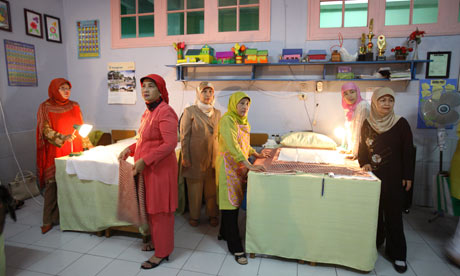
UNITED Nations special rapporteur on the right to health Dainius Pūras has released the preliminary observations from his first trip to Indonesia, stating that gendered inequality leading to “early marriage and female genital mutilation” is “not acceptable”.
Addressing the media on Monday, the special rapporteur emphasised the need to improve access to health for women and girls, particularly reproductive health education, in addition to the need to address high rates of HIV/AIDs in Papua and improve mental health services.
Pūras said a range of important legal and practical barriers remain to the realisation of the right to health, and that certain groups including women are still subject to violence and discrimination.
“I was discouraged to hear that planning and delivery of [women’s health] services and sexuality education is being influenced by certain groups who continue to oppose policies, instruments and mechanisms for the promotion and protection of sexual and reproductive health rights,” he said.
It is estimated that around 60 million Indonesian women, or half the female population, has undergone female circumcision. Pre-marital sex is heavily stigmatised, so access to female contraception and sexual health tests is minimal.
During his time in Indonesia, Pūras met with a number of civil society organisations, including the National Human Rights Commission (Komnas HAM), the Commission on Violence against Women (Komnas Perempuan) and the Indonesia Child Protection Commission.
The special rapporteur visited a range of locations across the archipelago, including the capital Jakarta, Padang in Sumatra, Flores in impoverished eastern Indonesia, as well as Jayapura in the restricted province of
Papua.
Papua.
“I am concerned about the health status of ethnic Papuans, who are two times more likely to have HIV/AIDS than the rest of the population, and new infections are on the rise,” said Pūras who urged stakeholders to build trust and enhance access to culturally-sensitive health services.
The special rapporteur also raised concern with Indonesia’s hardline drug policies – a hallmark of Joko Widodo’s presidency.
“Criminalisation of drug use only fuels discrimination, violence and exclusion driving people away from the health services they need and seriously undermining public health efforts,” he said.
The UN says Indonesia needs better mechanisms for the promotion and protection of women’s sexual and reproductive health rights. Source: Reuters/Beawiharta
Pūras also explained that mental health awareness was emerging, however that “it needs additional commitment and resources to develop a system that promotes the mental health of everyone.”
Strong stigma against mental illness in Indonesia means there is a profound lack of community-based support services.
The country needs to implement a system that “effectively treats and prevents common mental health conditions at the community level and respects the rights of persons with psycho-social and intellectual disabilities,” he said.
Human Rights Watch released a report into the state of mental health treatment in Indonesia entitled Living in Hell in 2016, which documented the horrific abuse of people with psychosocial disabilities placed in overcrowded and unsanitary conditions.
The Special Rapporteur will present a comprehensive report on his visit to Indonesia to the UN Human Rights Council in June 2018.
No Comments For This Post, Be first to write a Comment.
Most viewed from International
Most viewed from World
AIMIM News
Latest Urdu News
Most Viewed
May 26, 2020
Do you think Canada-India relations will improve under New PM Mark Carney?
Latest Videos View All
Like Us
Home
About Us
Advertise With Us
All Polls
Epaper Archives
Privacy Policy
Contact Us
Download Etemaad App
© 2025 Etemaad Daily News, All Rights Reserved.

.jpg)
.jpg)
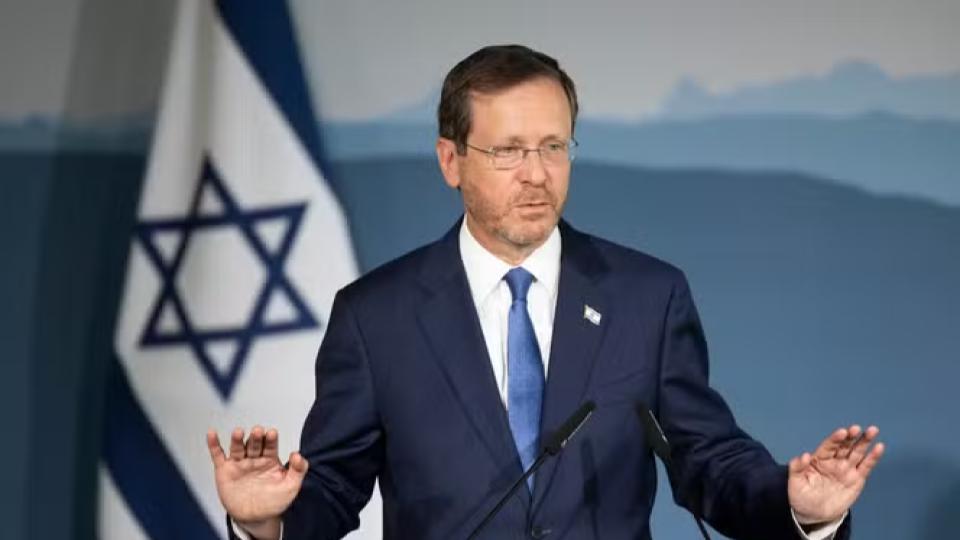
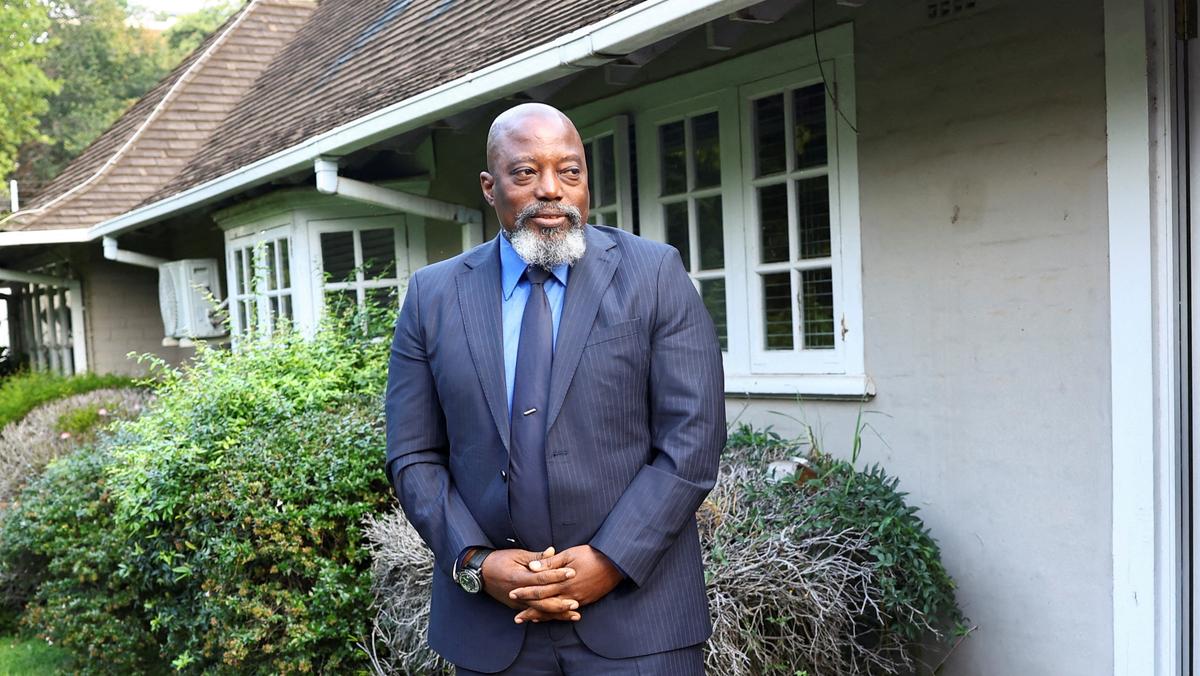
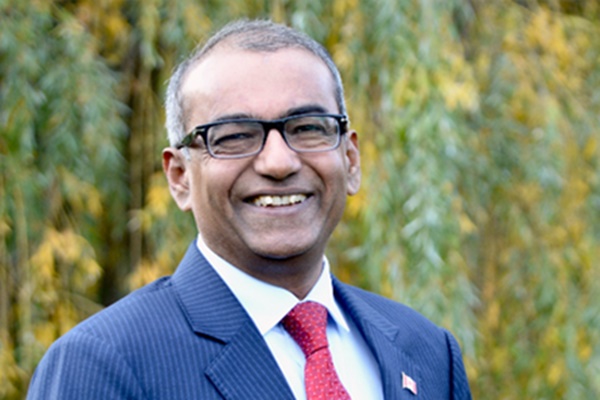


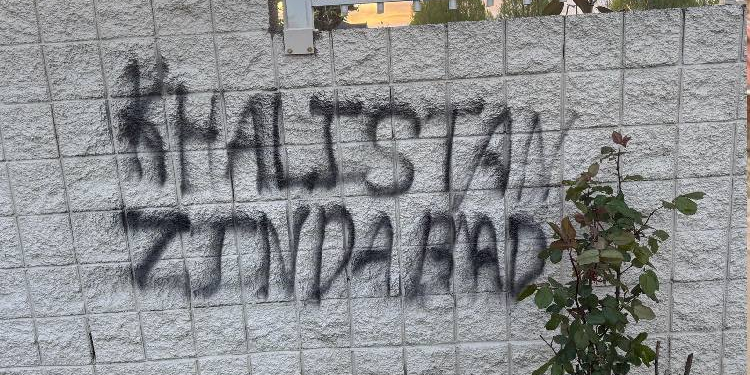






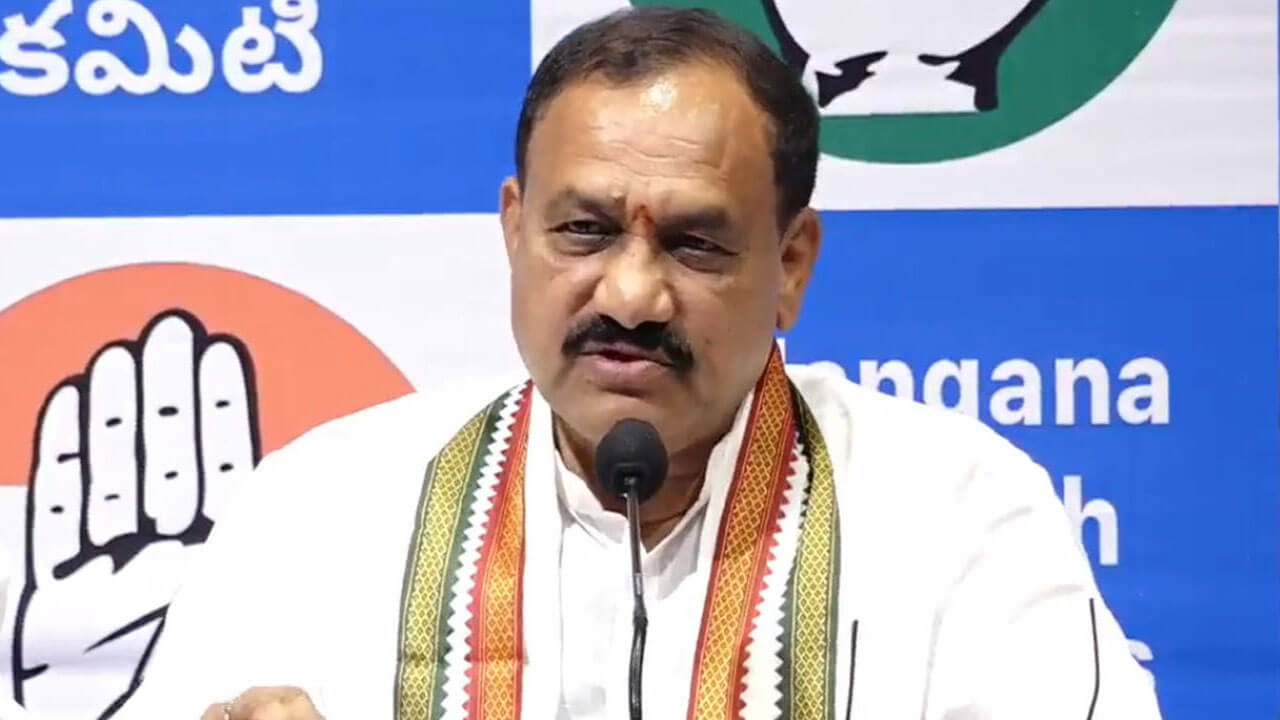

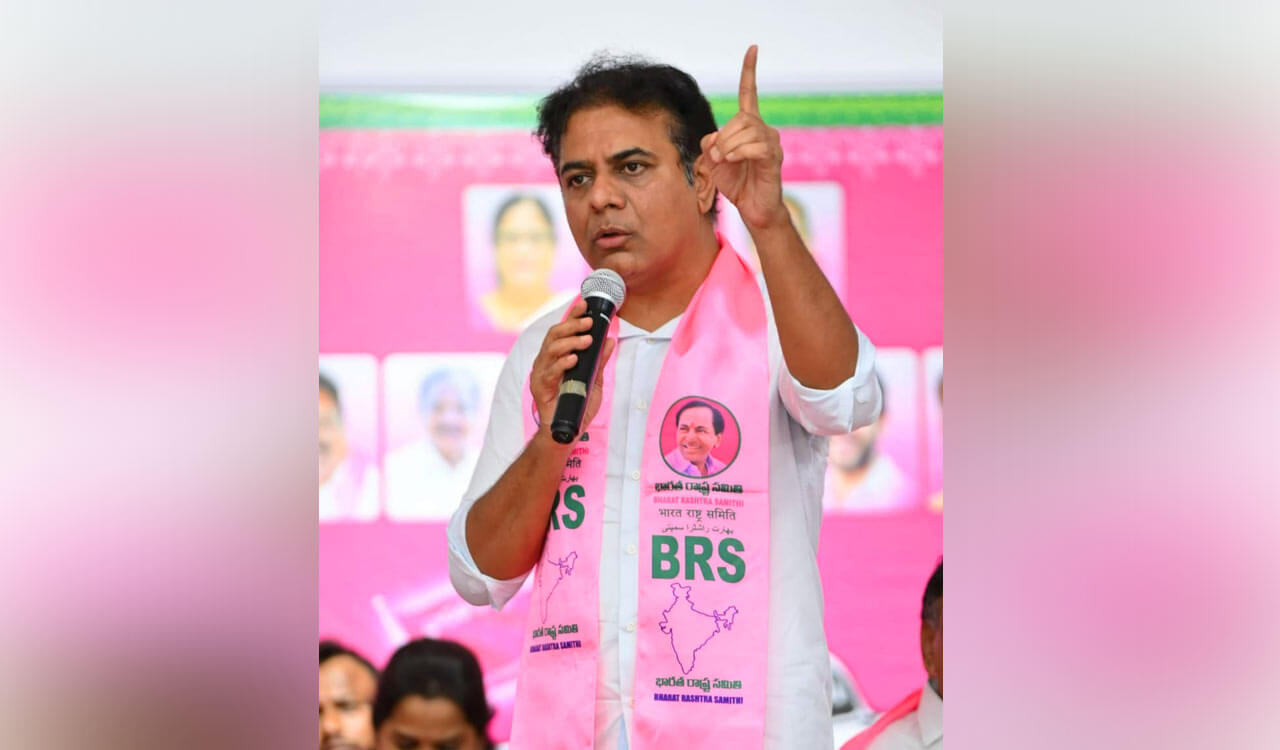

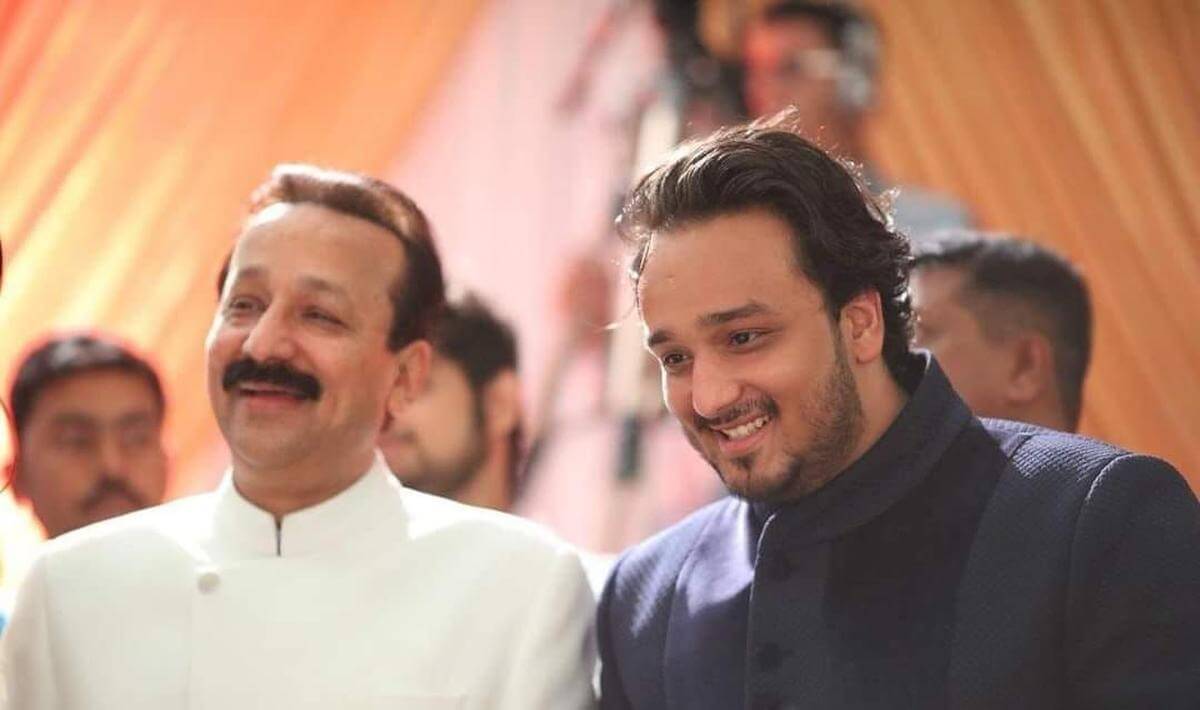

.jpg)
.jpg)
.jpg)
.jpg)

















